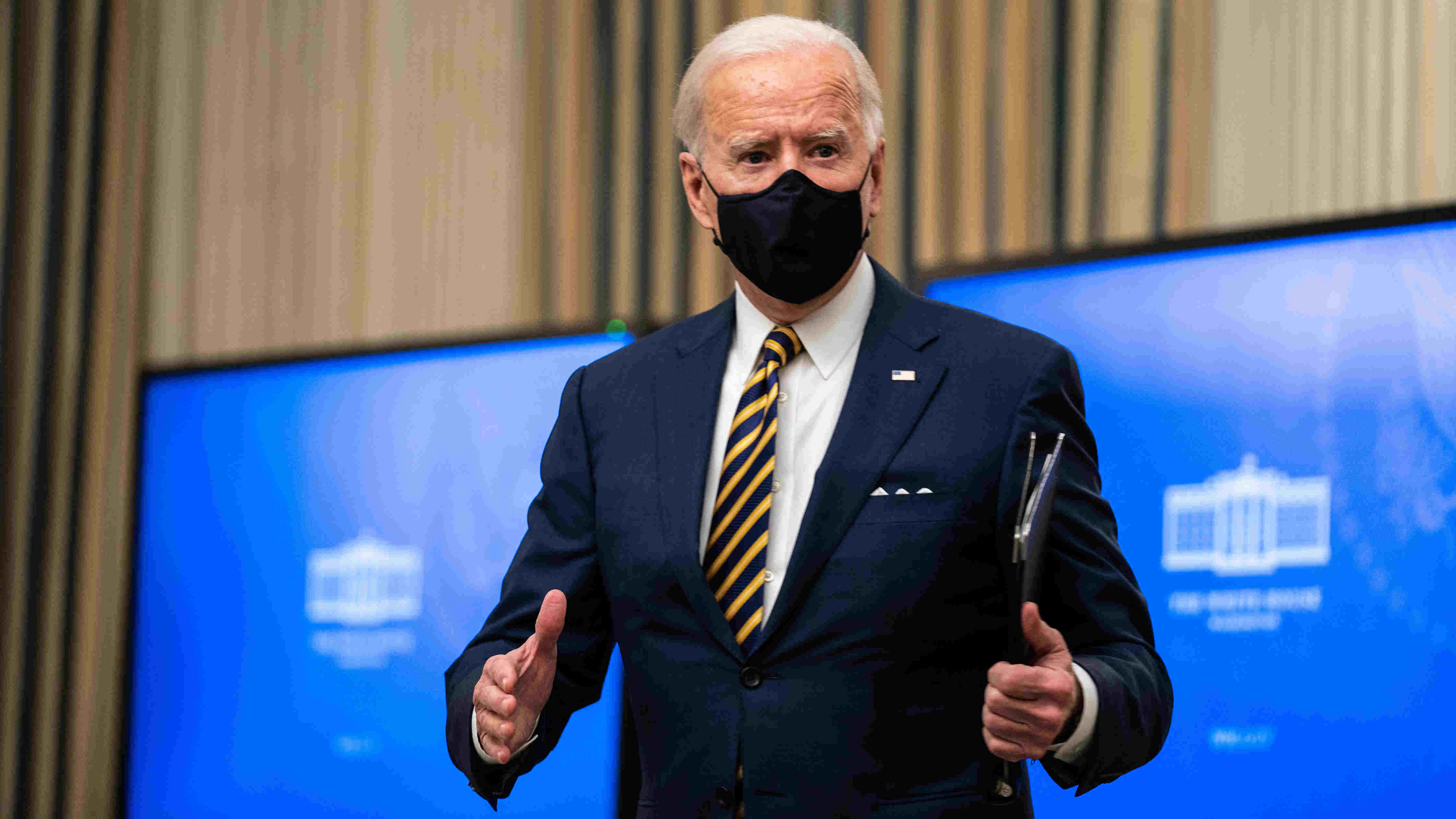New beginnings that hold out promise for a better future are important during the bleakest of hours. The pledge for such a beginning was made by the president of the United States of America, Joe Biden, who brought his country back to the Paris climate accord in January. Now, Mr Biden, whose presidency was expected to offer a fillip to the fight against climate change, has promised to cut the US’s greenhouse gas emissions by half by 2030 as part of the Paris pact — a target that more than doubles the US’s prior commitment under the pact in 2015. The path to achieving this bold agenda will not be without challenges. A razor-thin majority in the Senate for the Democrats limits the possibility of Mr Biden implementing sweeping reforms to curb carbon emissions — Republicans from fossil-fuel states in the US oppose policies they consider detrimental to industry in their home states. Moreover, the investment needed to green the US economy will be humongous, with one estimate placing it at over $2.5 trillion: a gap that will likely need to be filled by private capital. Nevertheless, the step taken by the Biden administration would hold out hope for emulation by other nations, thereby building global momentum against climate inertia.
The mere expression of intent is, of course, not enough; in order to return to credible climate leadership, the action taken by the US needs to be empowering in broader ways. For one, it is important for Mr Biden to take on a collaborative role with other heads of state to remove the bottlenecks that continue to plague climate talks; these include prolonged — fruitless? — negotiations, the constant postponement of critical, but divisive, issues that hold the key to the planet’s survival, and the stubborn unwillingness of richer nations to greater concessions and cuts. The US should lead the way by extending meaningful assistance to developing economies by transferring funds and technology, two prickly issues that have bedevilled climate negotiations. The newly-announced ‘Agenda 2030’ climate initiative between India and the US, which aims to “mobilise investments and enable green collaborations”, is a step in the right direction in this context. Squabbling nations must remember that climate collaborations could foster greater bilateral cooperation. By turning climate talks into a means of fostering global partnerships, influential nations — the top emitters in the world — could build valuable bridges to facilitate cultural, social and economic exchange alongside mitigating climate disaster.











